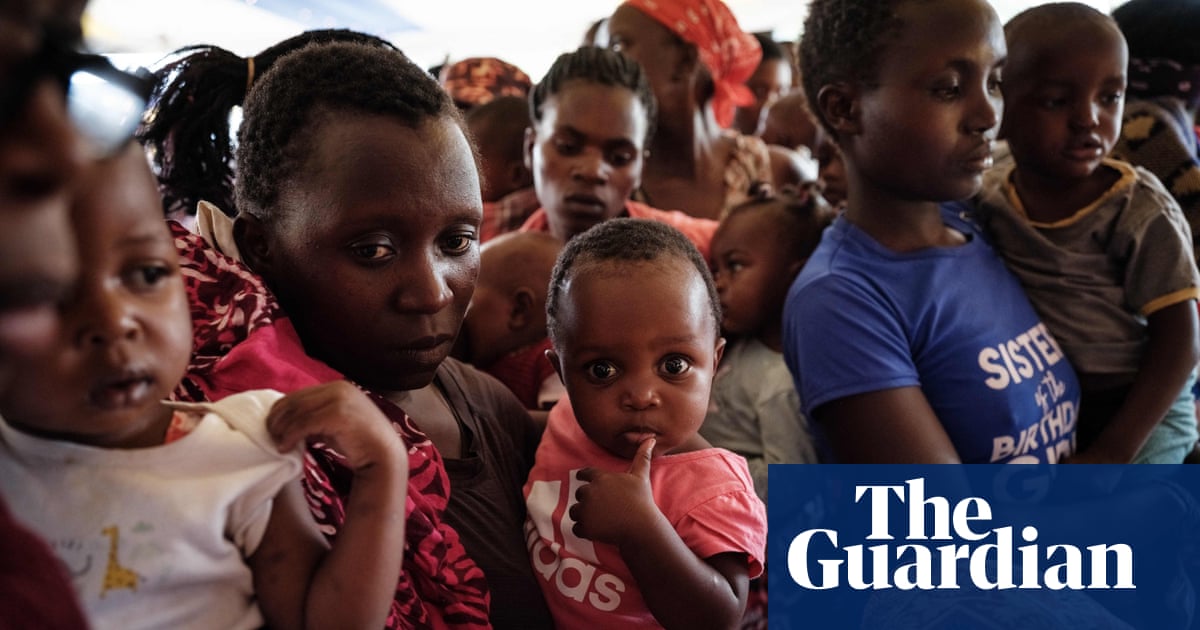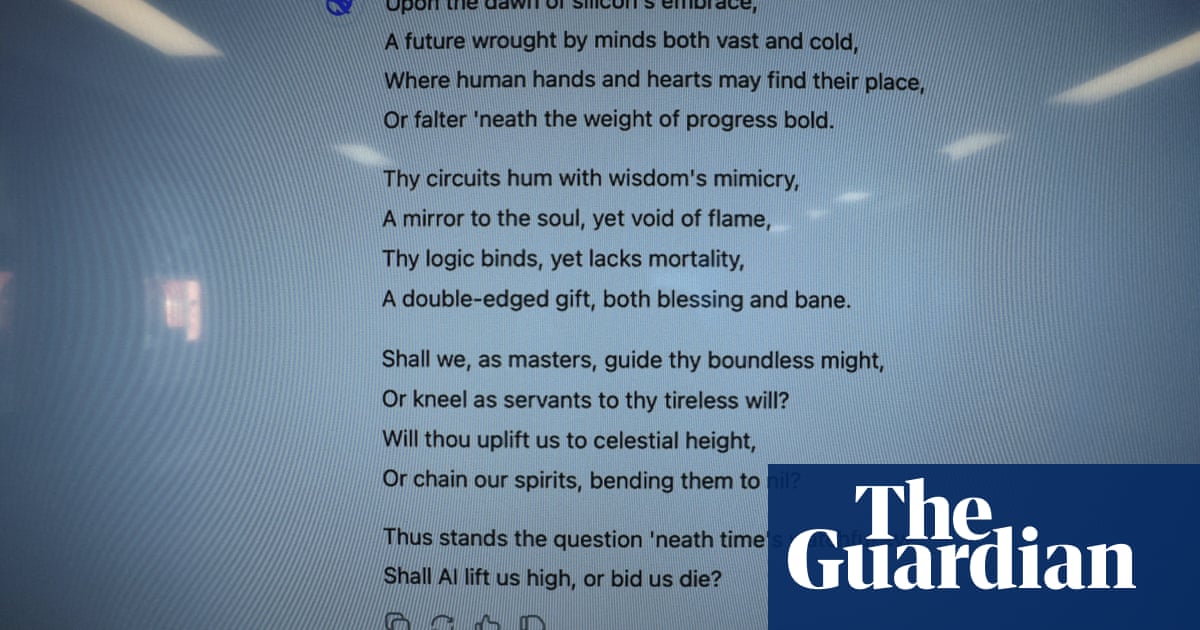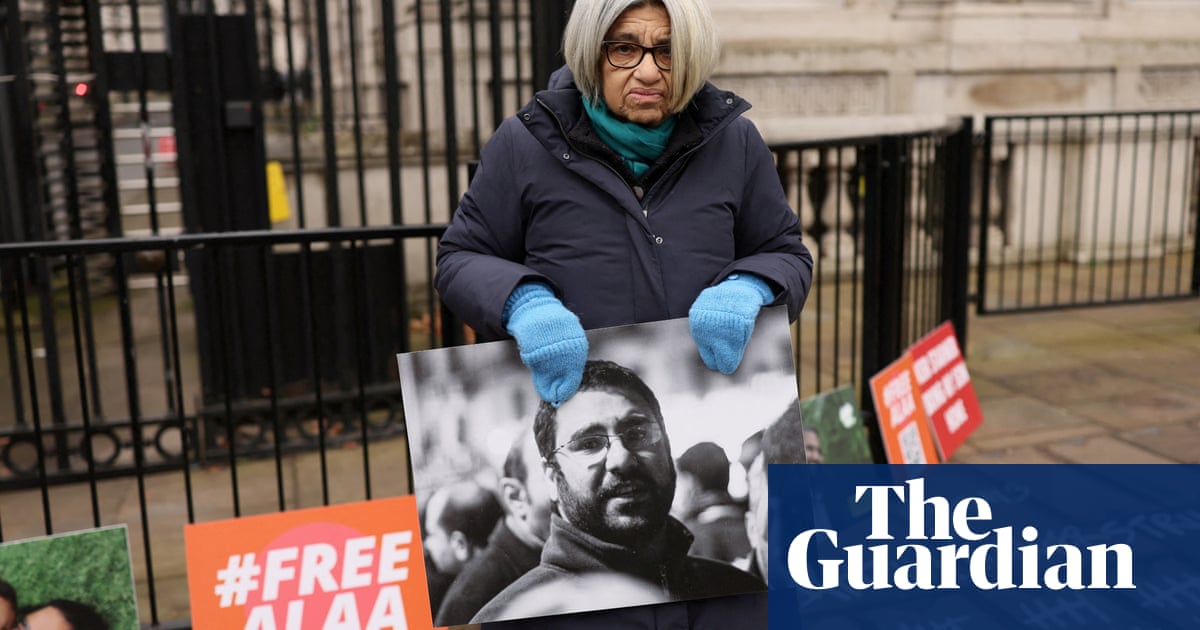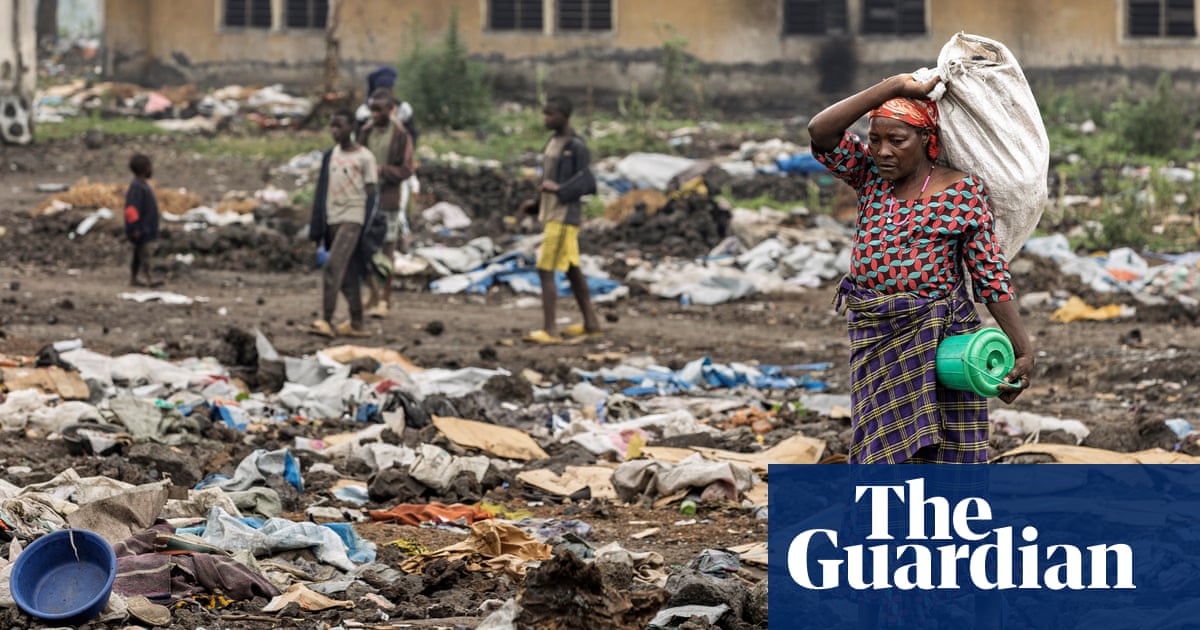A flagship programme to create malaria vaccines has been halted by the Trump administration, in just one example of a rippling disruption to health research around the globe since the new US president took power.
The USAid Malaria Vaccine Development Program (MVDP) – which works to prevent child deaths by creating more effective second-generation vaccines – funds research by teams collaborating across institutes, including the US university Johns Hopkins and the UK’s University of Oxford.
Earlier this week, it told partners to stop work, after the president and his allies ordered a freeze on US spending. Researchers warned that the impact of the abrupt halt on other programmes could fuel the spread of drug-resistant HIV, and put medical progress back by years.
The MVDP’s aim is “to reduce the impact of malaria on children living in malaria-endemic areas of the world”. In sub-Saharan Africa, approximately 450,000 under-5s are killed by malaria each year.
While the introduction of two malaria vaccines in 2024 was hailed as transformative, MVDP-funded research aims to make them much more effective and longer-lasting.
A senior academic who has been involved with the programme for a number of years said the sudden halt would set back research, and was likely to include ongoing trials in humans and animals.
They said MVDP-funded projects were often testing a new vaccine in humans for the first time, meaning “huge safety implications of suddenly shutting down – you are absolutely obliged to follow [participants] up and make sure they stay safe.”
The USAid funding freeze and stop or suspend work orders cover an initial period of 90 days while a review is carried out, according to official statements.
However, multiple sources in the health research field said they were unclear who would have the expertise to carry out such a review, with many senior officials at US health bodies having been fired.
Tom Drake, senior policy analyst at the Center for Global Development, said that the impact of cuts to research funding were less visible and less immediate than the implications for the provision of life-saving programmes around the world “but is no less real”.
“The advent of malaria vaccines is one of the greatest global health achievements of our time, and is a direct result of funding by the MVDP and many others,” he said.
“Even if other funders step in to plug the gaps in malaria vaccine funding, there is always an opportunity cost, and so some other development research issue will be neglected as a result.”
Prof Kelly Chibale of the H3D research centre at the University of Cape Town said a project working to create a platform to manufacture the active pharmaceutical ingredients necessary for antiretrovirals in South Africa was at risk.
“We are urgently looking for alternative funding mechanisms to continue this important work, retain the team members and ensure the sustainability of the platform,” he said. “The project will also suffer if our collaborators in the US lose staff in this period of uncertainty.”
Prof Kenneth Ngure of the Jomo Kenyatta University of Agriculture and Technology in Kenya and president-elect of the International Aids Society, said researchers on projects testing HIV prevention options such as injectable drugs and vaginal rings globally had received stop work orders.
Even if projects are reinstated after a 90-day pause, there will still be “a lot of damage”, he said.
“It’s like you’re having a car speeding on a highway. Then you apply emergency brakes. There are so many things that can go wrong,” he said.
“I’ve been doing HIV prevention research for the last 20 years; nothing like this has happened. The thing that came closest to this was Covid, and when Covid came, we were able to [find] other ways of continuing with our programmes.”
Some products, such as injectable HIV prevention drugs, are not yet available outside research settings, he said, leaving participants with no alternative source to continue treatment.
If the level of drugs in a participant’s body falls to nonprotective levels, it not only puts them at risk of infection, but means their infection is more likely to develop drug resistance. That makes their treatment more complicated, and if they then infect someone else, the resistance will spread.
Projects that had recently been completed and were ready for data analysis had been affected, Ngure said. “Human beings have given their time. It’s also an ethical obligation for you. When you have done a study, you need to finish that study and you need to share the findings.”
He said: “There’s need for reconsideration of this decision. We’ve had huge support from the US government, many infections have been averted, and we are now starting to talk about controlling the HIV pandemic in the coming years. But when you’ve done all this, if you then stop, we start going backwards. And we can go backwards for many years, if not decades.”
Approached for comment, a state department spokesperson referred to a waiver issued on Wednesday for life-saving humanitarian assistance.
Article by:Source: Kat Lay, Global health correspondent














